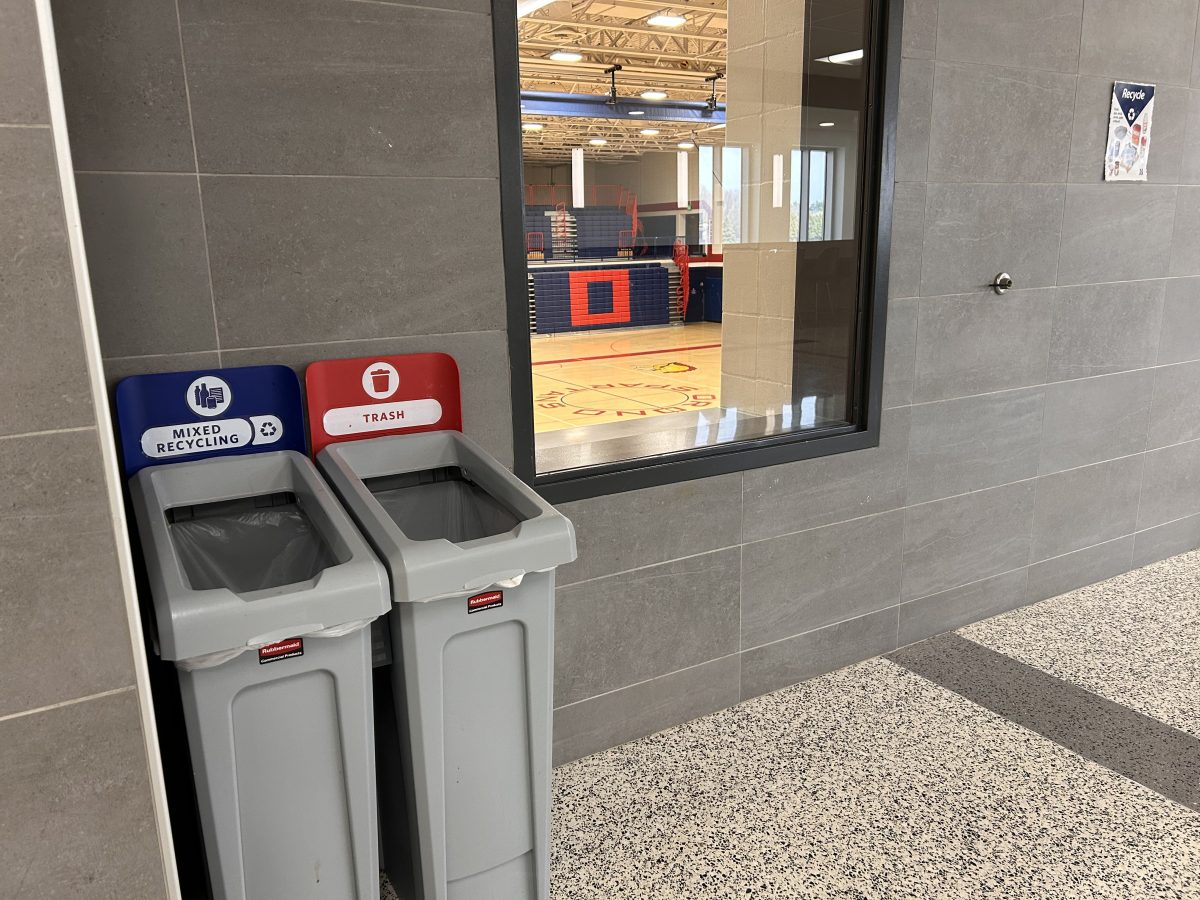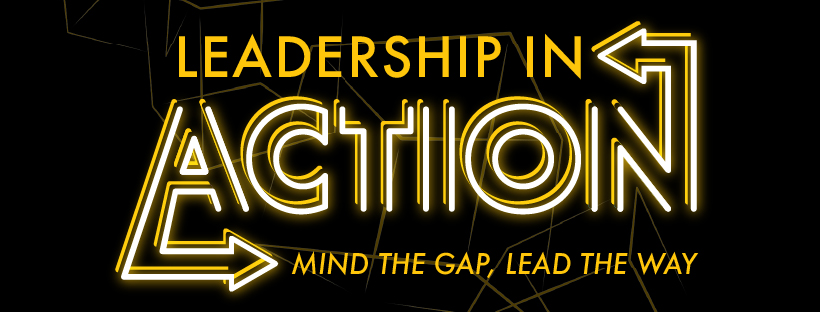As teenagers, we are evaluated by our morals, actions and mental accountability. In other words, our responsibility determines how other people perceive us. Now, to some of you, this might seem like an incorrect statement. But think about it; much of our behavior can be derived from our ability to remain responsible. This evaluation of our character is not restricted to a school environment; it can be applied to any setting.
We are expected to be socially responsible, to behave and act in a way that reflects our reliability. We are obligated to complete tasks and assignments with an assured dependability. We are duty-bound to make the responsible decision. The list of our duties and expectations goes on and on.
However, it has become apparent that teenagers don’t necessarily think this way. In fact, the revelation that responsibility is such an important factor in our lives may have not yet occurred. But understanding and accepting responsibility is a problem that plagues us here at Orono High School, a problem that, left unresolved, can severely affect our futures.
As much as they might disagree, parents are a contributing factor to the reason we lack responsibility. Teenagers are conditioned at a young age to believe that their parents can solve any problem they can’t fix on their own. Forget an assignment at school? Call mom or dad to drop it off for you. Didn’t finish an important essay? Ask your parents if you can stay home to complete it.
The reason teens are irresponsible is because they have never been made by their parent to be responsible. In order to rectify this, teens must take on as much of their own responsibilities as they are capable of handling.
Another factor that limits responsibility is consequence. Often, when teenagers are making an unwise or irresponsible decision, they do not consider the repercussions of their actions. Teens who often commit irresponsible actions don’t believe they will be held accountable. By taking the time to stop, think and then act before making a decision, teens can deduce what consequences will develop from their actions, and how it will reflect upon them.
Lastly, there’s no ‘motivation’. In a way, motivation is the key component of responsibility. Teens need motivation, or their own incentive to be reliable; if they have no reason to take responsibility, they aren’t likely to go out of their way to emulate it. But how do you boost enthusiasm? Think of the rewards. By envisioning the rewards you will receive through acting responsibly, your motivation will continuously become stronger. Responsibility is not something that can be taught or coached.
Responsibility is a growth indicator; it lets people know how they have developed. The older a person gets, the more they learn, and the more they learn, the more responsibility they are expected to take on.
Taylor Werdel is the Editorial Editor of The Spartan Speaks






